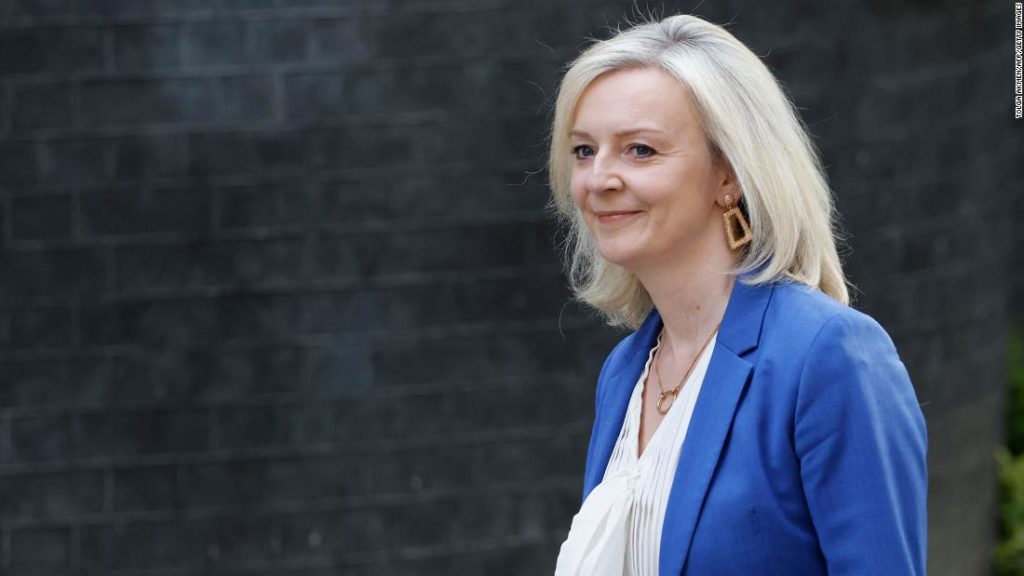They point to the challenges of doing business with countries that are many thousands of miles away. The United Kingdom also already has bilateral trade deals in place with seven of the 11 CPTPP members — a number that would rise to eight if an agreement in principle with Australia, announced last week, is included. That raises questions as to how much additional benefit membership will deliver.
By the UK government’s own estimate, membership could lift annual GDP by just 0.08% — or £1.8 billion ($2.5 billion) — in the long run. That compares to a 4% loss of output from leaving the European Union, based on previous modeling by the government’s economic forecasting agency.
The United Kingdom exported £294 billion ($408.7 billion) of goods and services to other EU member states in 2019, equivalent to 43% of all UK exports, according to the Office for National Statistics.
But between January and March, ONS data shows that UK goods exports to the bloc tumbled 18% to £32.2 billion ($44.8 billion) compared to the final three months of 2020, as businesses grappled with new trading rules.
By comparison, exports to CPTPP countries are set to increase by £37 billion ($51.4 billion) to £94 billion ($130.7 billion) by 2030, according to UK government forecasts.
But Jerzewska cautioned that the United Kingdom will be “coming in from the outside,” hoping to integrate into supply chains that were established over decades. “It’s going to be quite a challenge,” she told CNN Business.
While membership could reduce tariffs on goods, it doesn’t get rid of other barriers to trade such as red tape and regulations, she added. In this sense, it is similar to the agreement that post-Brexit Britain has with the European Union.
However, an agreement with the CPTPP could reassure Britain’s existing trade partners that it still favors trade liberalization, Jerzewska added.
“Brexit was a signal that the UK is becoming a bit more protectionist, so this is a way to show everyone we are serious about free trade,” she said.
“The geopolitical objectives are not to be ignored and a small positive impact on GDP is still a positive impact on GDP, but something tells me we’re about to hear a lot of inflated numbers and exaggerated claims about this deal.”
You may also like
-
Afghanistan: Civilian casualties hit record high amid US withdrawal, UN says
-
How Taiwan is trying to defend against a cyber ‘World War III’
-
Pandemic travel news this week: Quarantine escapes and airplane disguises
-
Why would anyone trust Brexit Britain again?
-
Black fungus: A second crisis is killing survivors of India’s worst Covid wave

